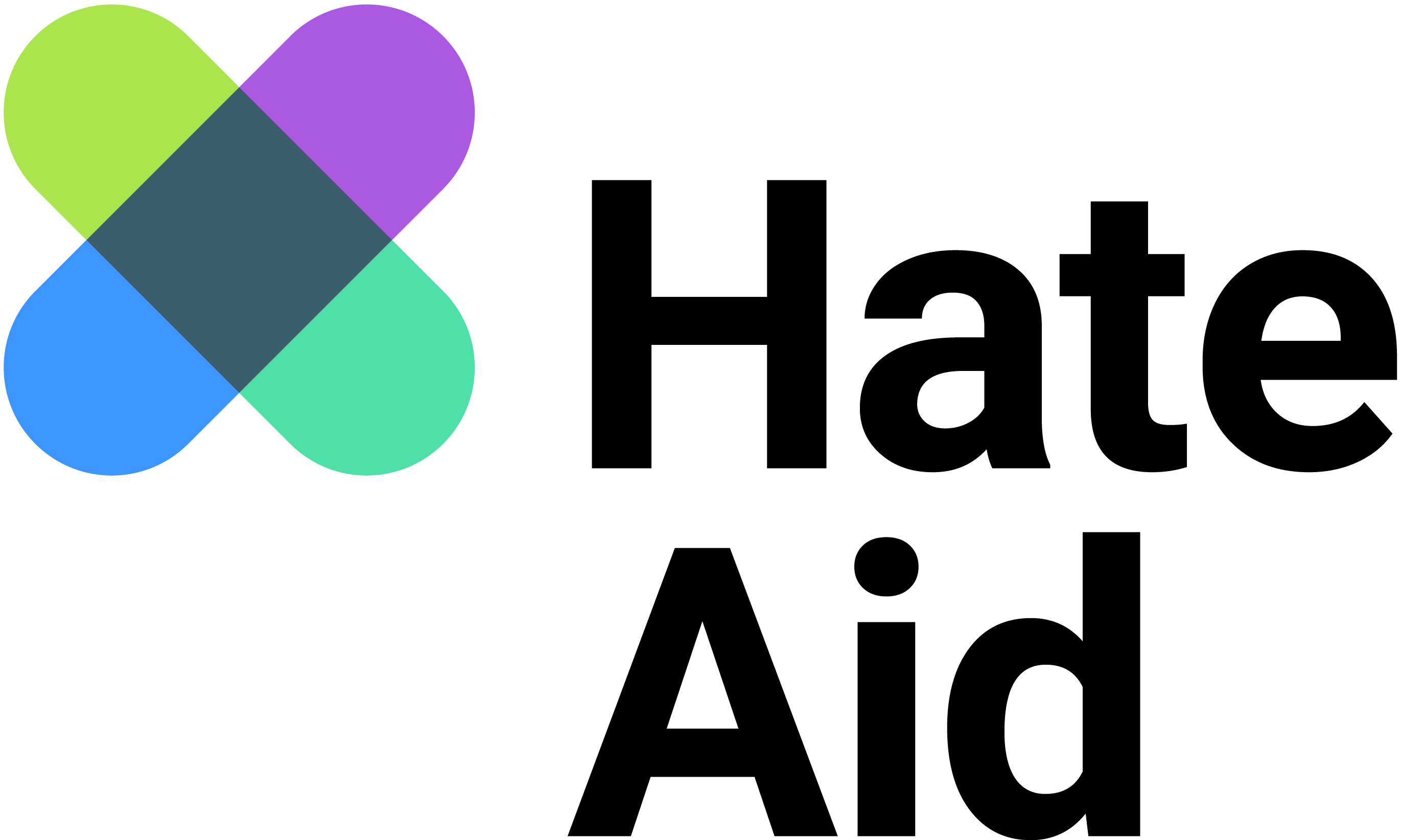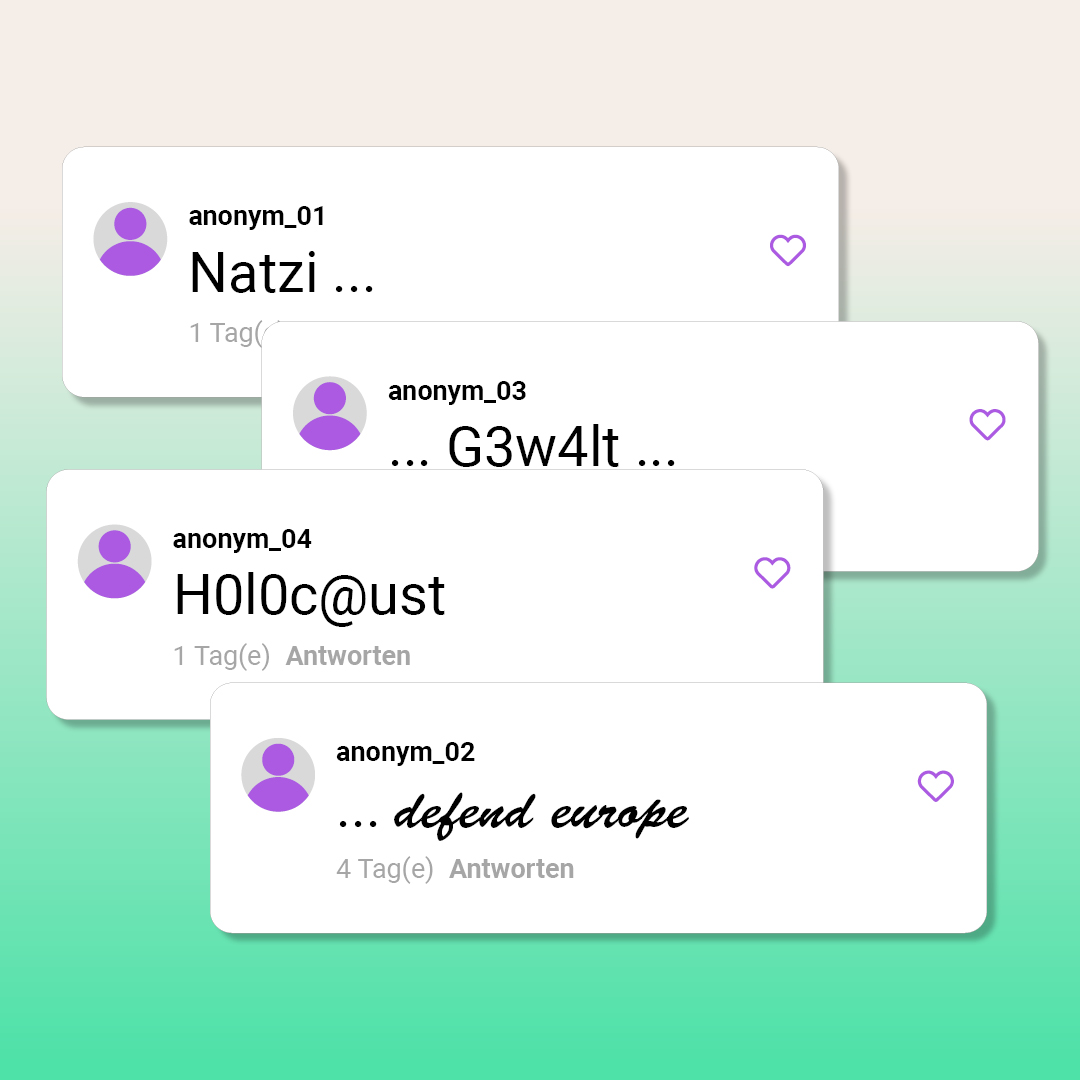Digital Services Act could fail millions affected by online violence
Victims’ counselling organisation HateAid: Council misses the mark, courts remain inaccessible
Victims are left alone: courts and online platforms remain inaccessible
One of the biggest burdens for victims of digital violence is accessing justice and going after the perpetrators. Going to court remains highly exclusive, considering the excessive costs and time it takes. Despite of fast-track court options already existing in other EU laws, for example, covering intellectual property, Council has failed to establish similar possibility under the DSA. With most of the lawmakers arguing that courts, not private online platforms, should make decisions affecting freedom of expression online, HateAid finds it impossible to follow this reasoning, considering how hard and expensive it is to go to a court.
Also, no changes were introduced to make communication with online platforms easier for users. HateAid has called on the EU to oblige very large online platforms to establish contact points for users in each Member State, allowing for delivery of legal documents in one of the official languages of the country. At the moment users need to translate documents and deliver them to the country of establishment of the online platform. In case of Facebook – it’s Ireland, in case of Pornhub – the imprint leads to Cyprus.
Anna-Lena von Hodenberg, executive director of HateAid:
“Council of the EU is failing millions of users and victims of digital violence. Basic instruments to enforce victims’ rights are not accessible. This hits especially women as they are one of the most vulnerable groups online. Today, on the International Day Against Violence Against women – Council is leaving them largely helpless and unprotected. The Digital Services Act could be instrumental in giving users a real chance to act against hate and defamation campaigns, doxing and revenge porn, as these forms of violence become more frequent. European Parliament now has to go further and make access to justice a reality in their report”.
Situation on the web is daunting, according to survey results published by HateAid earlier this month. 91 percent of young adults between 18 and 35 have already seen hate and incitement on the internet on several occasions, and every second young adult has been affected by digital violence themselves. 30 percent of European women are afraid that intimate images could be published online without their consent.
Introducing complaints on all content decisions
HateAid positively assesses that Member States have improved redress opportunities for users and strengthened the enforcement regime. The position includes a significant improvement for users in case online platforms do not act on their notifications or the allegedly illegal content is not removed. They will now have an opportunity to contest this decision, first, by complaining internally again to the same platform through a special complaint mechanism. This option currently does not exist and can potentially prove helpful for victims of online violence.
While the European Parliament is still negotiating their position under the lead of MEP Christel Schaldemose (S&D), the opportunity is still there to ensure users can take back control and defend their rights online, also in front of a judge.
After both institutions have adopted their positions, they will enter inter-institutional negotiations, known as Trilogue. HateAid is planning to remind the DSA lawmakers of its impact on users by handing over the #makeitsafe petition results at the beginning of the Trilogue. Already more than 28 thousand Europeans have demanded better protection against online violence on the internet.
More information
You can find the complete survey on our website hateaid.org/eu-survey, the petition can be found at hateaid.org/petition.
Press contact: presse@hateaid.org, Tel. +49 30 / 252 088 37






